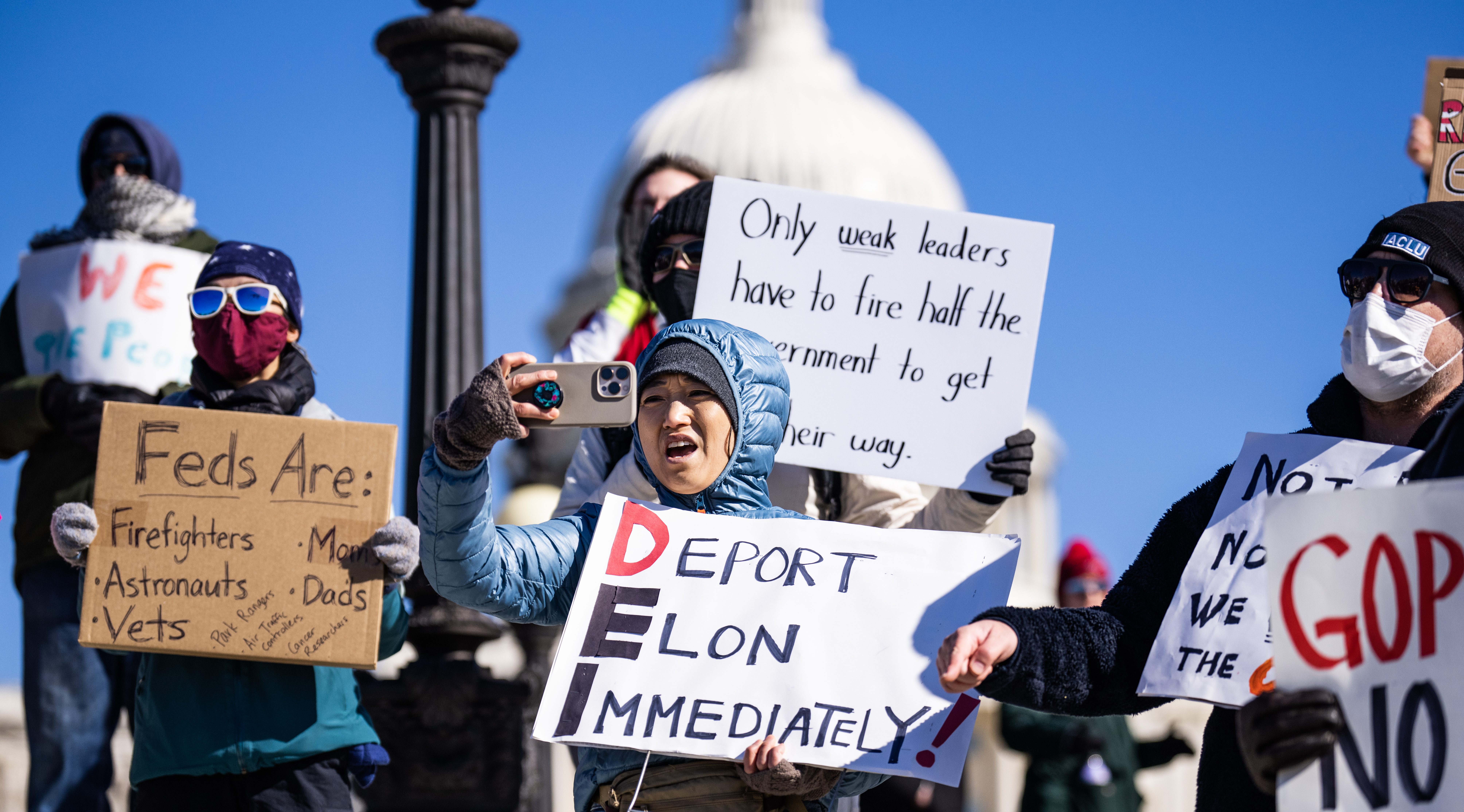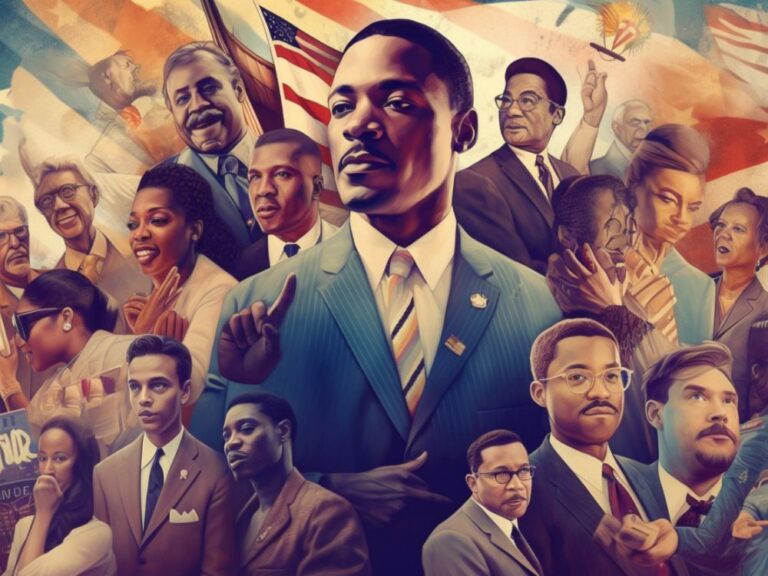A Tale of Controversy, Power, and Public Discontent
In recent years, protests against public figures have become a powerful form of expression for those seeking social, political, and economic change. Two individuals who have consistently drawn significant protests and public opposition are former President Donald Trump and tech mogul Elon Musk. Though from seemingly different sectors—Trump from politics and Musk from technology—their controversial actions, statements, and decisions have sparked widespread dissent and civil unrest.
This article delves into the nature of protests against both figures, exploring the root causes, motivations, and the broader implications for society.
Donald Trump: Protests Rooted in Political Division
Donald Trump’s tenure as the 45th President of the United States was marked by extreme polarization, with many of his policies and public statements generating heated debate. Throughout his presidency and beyond, large-scale protests erupted, fueled by his handling of issues like immigration, healthcare, racial inequality, and climate change.
Key Moments of Protest:
- The 2017 Women’s March: The day after Trump’s inauguration in January 2017, millions of people across the globe participated in what became one of the largest protests in history—the Women’s March. The protest was a response to Trump’s controversial remarks about women and his stance on women’s rights, with many concerned about the potential erosion of hard-won feminist victories during his presidency.
- The Black Lives Matter Protests: Following the killing of George Floyd by a police officer in 2020, Black Lives Matter protests surged across the United States. Trump’s administration was criticized for its aggressive response to the peaceful protests and his rhetoric, which often seemed to dismiss the need for police reform and racial justice. His “law and order” stance led to clashes between protesters and law enforcement, further dividing the country.
- The January 6 Capitol Riots: Perhaps the most notorious event linked to Trump and protests was the January 6, 2021, Capitol insurrection. Fueled by Trump’s baseless claims of election fraud, a mob of his supporters stormed the U.S. Capitol, aiming to prevent the certification of the 2020 presidential election results. This unprecedented attack on American democracy was not only a protest against the election outcome but also a manifestation of Trump’s influence over a significant portion of the electorate, despite his loss in the race.
Protest Motivations:
Protests against Trump were often driven by a desire to challenge authoritarian tendencies, protect democratic values, and fight for civil rights. His rhetoric, frequently seen as divisive and inflammatory, mobilized opposition in ways that transcended traditional political divides. Trump’s perceived undermining of democratic norms, his controversial policies on immigration, and his dismissive stance toward marginalized communities often served as rallying points for protesters.
Elon Musk: Protests Driven by Corporate Power and Technology Ethics
Elon Musk, the visionary founder of SpaceX, Tesla, and several other groundbreaking tech companies, has become a figure of immense influence and wealth. While Musk is widely praised for his innovations and contributions to space exploration, electric vehicles, and renewable energy, his actions and statements have also sparked public protests, especially around issues of labor rights, environmental impact, and corporate ethics.
Key Moments of Protest:
- Tesla’s Labor Practices: Tesla, Musk’s flagship electric vehicle company, has faced repeated criticism over its labor practices. Workers at Tesla’s Fremont, California, factory have alleged unsafe working conditions, long hours, and attempts to discourage unionization efforts. These issues led to protests by Tesla employees and advocacy groups, calling for better treatment of workers and stronger labor protections.
- Musk’s Comments on COVID-19: During the early stages of the COVID-19 pandemic, Musk made a series of controversial statements that led to public backlash. He downplayed the severity of the virus, calling it “just a cold,” and openly criticized lockdown measures that were meant to slow the spread of the disease. Musk’s refusal to close Tesla’s factory in California, despite local government orders, further fueled protests, with critics accusing him of prioritizing profits over public health.
- Environmental Concerns: Musk’s ventures, though centered around sustainability and renewable energy, have not been without environmental controversy. While Tesla cars aim to reduce carbon emissions, the production process, particularly mining for lithium, has raised concerns about ecological damage and resource depletion. Activists have protested against the environmental footprint of these industries, particularly in relation to Musk’s ambitious plans to colonize Mars and the expansion of SpaceX.
- Twitter and Free Speech: In 2022, Elon Musk acquired Twitter, sparking widespread concern about his influence on global free speech. Critics argue that his actions could jeopardize the platform’s role in promoting open discourse, while others worry about his stance on misinformation and censorship. The mass layoffs that followed his acquisition also led to protests about worker treatment and the future of the platform.
Protest Motivations:
Musk’s critics often protest against the unchecked power and influence that large corporations wield in modern society. Protests surrounding Musk frequently center on his perceived lack of accountability, his handling of labor rights, and his controversial statements regarding climate change and public health. Additionally, as Musk continues to expand his influence in both the private and public sectors, protesters are raising questions about the ethical responsibilities of billionaires and tech magnates in shaping the future of humanity.
The Intersection of Politics and Technology
What makes the protests against Trump and Musk particularly intriguing is the intersection of politics and technology. Trump, while firmly rooted in the political sphere, leveraged social media platforms like Twitter to mobilize his base and challenge traditional media narratives. Musk, on the other hand, has built a tech empire that influences the global economy and society through innovations in space, transportation, and energy.
Both figures have used their platforms to challenge the status quo, but in doing so, they have also sparked mass mobilization in response to the growing concerns about their respective industries. Whether it is Trump’s divisive rhetoric or Musk’s corporate practices, their influence has become a flashpoint for debates surrounding democracy, power, and the future of society.
The Broader Implications of Protests
Protests against powerful individuals like Trump and Musk are indicative of a broader societal shift toward activism, where individuals and groups seek to hold influential figures accountable for their actions. These protests serve as a reminder that power, whether in the hands of politicians or tech magnates, must be questioned and scrutinized to ensure that it is used responsibly.
At the same time, these protests highlight the growing divide in society, where public figures have become symbols of ideological and cultural conflict. As protests continue to shape the discourse surrounding Trump and Musk, the lessons learned from these movements will resonate across future political and technological debates.
In Conclusion
Protests against President Trump and Elon Musk underscore the role of public dissent in shaping societal change. Whether driven by political ideology or ethical concerns about corporate power, these protests reflect the deep-seated desires for accountability, justice, and a more equitable future. As both figures continue to shape the political and technological landscapes, the protests surrounding them will likely remain a key feature of public discourse for years to come.






